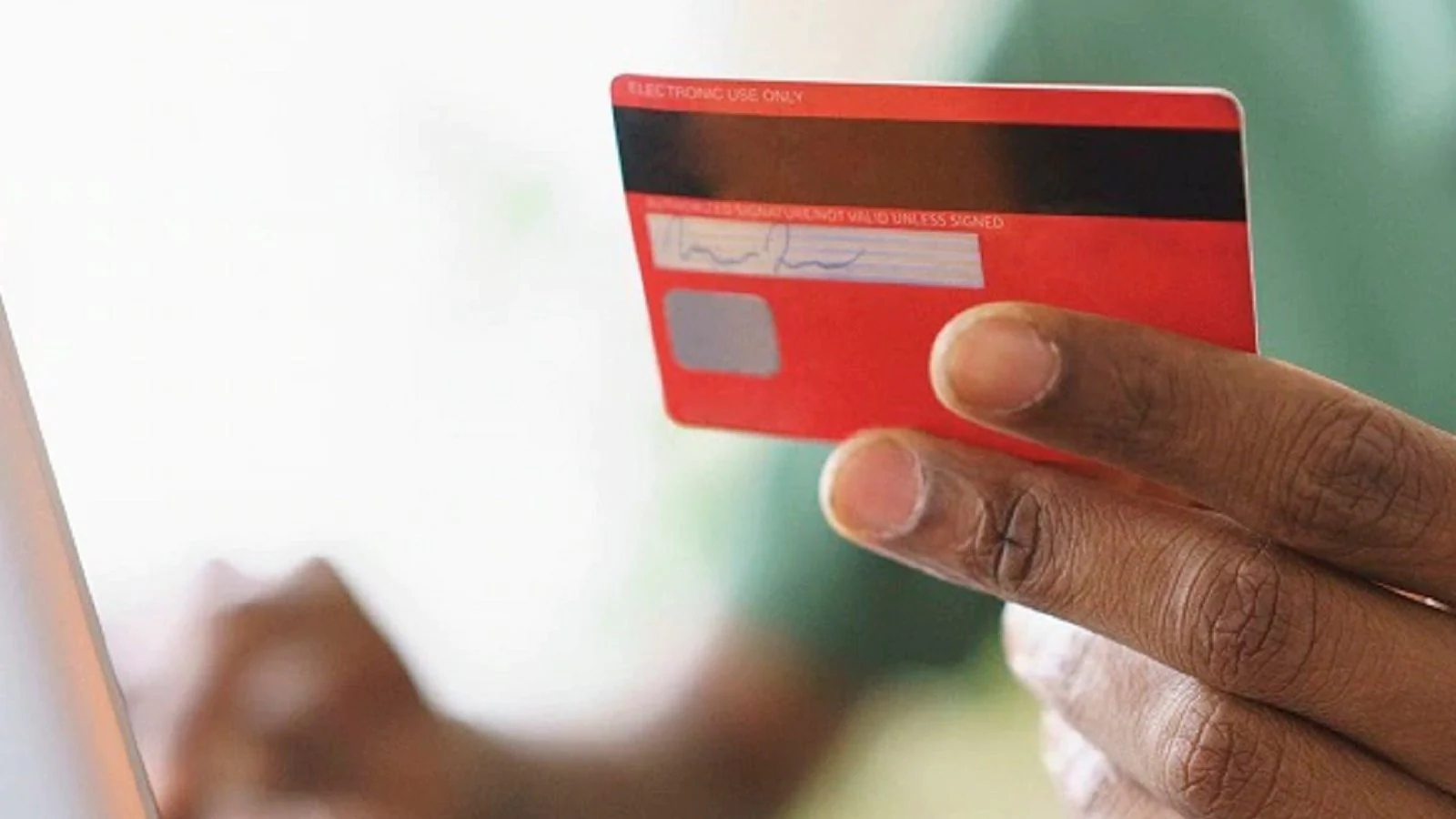A simple tool to make websites more secure and curb hacking

An international team of researchers has developed a scanning tool to make websites less vulnerable to hacking and cyberattacks.
The black box security assessment prototype, tested by engineers in Australia, Pakistan and the UAE, is more effective than existing web scanners which collectively fail to detect the top 10 weaknesses in web applications.
UniSA mechanical and systems engineer Dr. Yousef Amer is one of the co-authors of a new international paper that describes the development of the tool in the wake of escalating global cyberattacks.
Cybercrime cost the world $6 trillion in 2021, reflecting a 300% hike in online criminal activity in the past two years.
Remote working, cloud-based platforms, malware and phishing scams have led to skyrocketing data breaches, while the rollout of 5G and Internet of Things (IoT) devices has made us more connected—and vulnerable—than ever.
Dr. Yousef Amer and colleagues from Pakistan, the UAE and Western Sydney University, highlight numerous security weaknesses in website applications and how these are costing organizations dearly.
Due to the widespread adoption of eCommerce, iBanking and eGovernment sites, web applications have become a prime target of cybercriminals who want to steal individual and company information and disrupt business activities.
Despite a projected $170 billion global outlay on internet security in 2022 against a backdrop of escalating and more severe cyberattacks, existing web scanners are falling way short when it comes to assessing vulnerabilities, according to Dr. Amer.
“We have identified that most of the publicly available scanners have weaknesses and are not doing the job they should,” he says.
Nearly 72% of organizations have suffered at least one serious security breach on their website, with vulnerabilities tripling since 2017.
WhiteHat Security, a world leader in web application security, estimates that 86% of scanned web pages have on average 56% vulnerabilities. Among these, at least one is…



